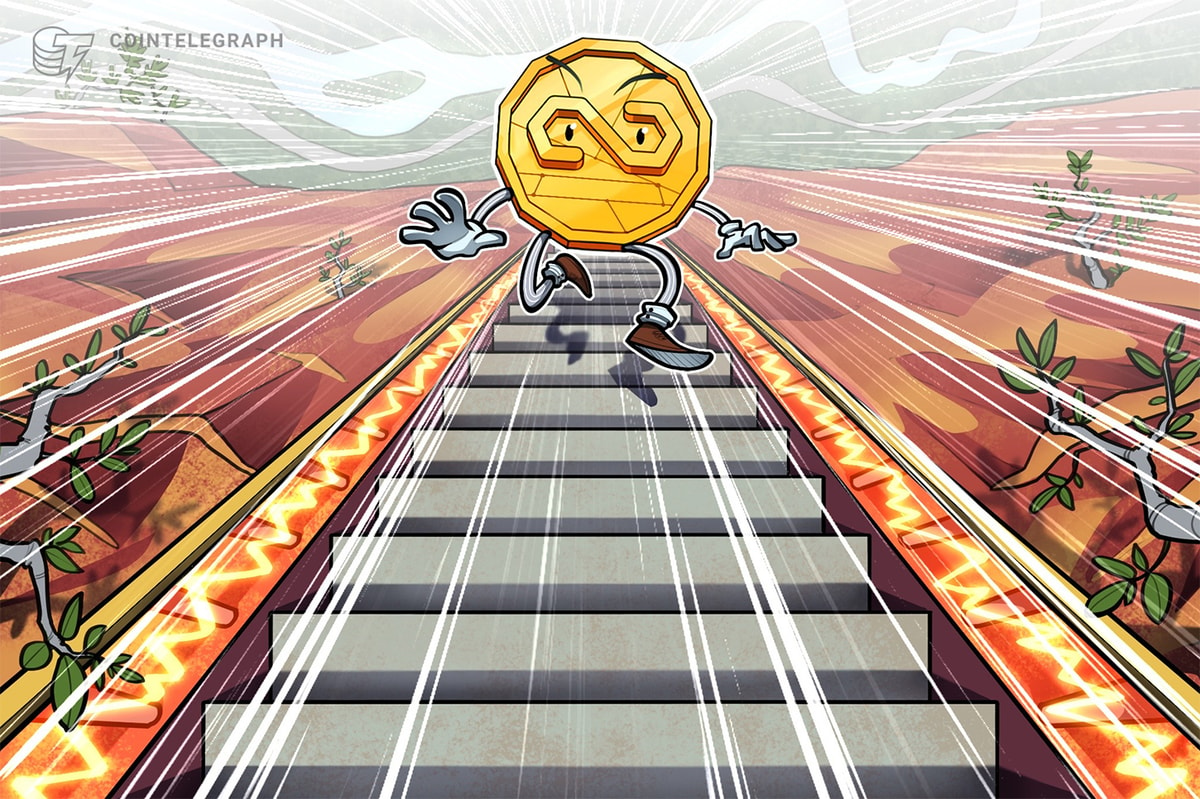
As one of the few financial services professionals in the United States currently both accepting Bitcoin and willing to work with it (and the only licensed accounting firm of which I am aware), I make it my business to regularly monitor Bitcoin related chatter, usually on Twitter. I recently came across an excited Bitcoin advocate who tweeted: “Price of Bitcoin is increasing exponentially. This can no longer be called a ‘bubble,’ it is more and more looking like early adoption.” This seems to be the general feeling among Bitcoin people (“Bitcoiners?”).I respectfully suggest that any legitimate business person who desires to see widespread acceptance of Bitcoin as an alternative to traditional currencies reconsider the idea of volatility as a positive factor. I define acceptance here to mean that firms accept Bitcoin without instantly converting their holdings to cash (i.e. for Bitcoin to be a functional currency, rather than a marketing gimmick).Volatility is the opposite of consistency. Volatility is the result when the market moves for reasons other than fundamental economic or financial factors. At the time of this writing, Bitcoin is trading at around $1000. The sharp increase in the price of Bitcoin that has occurred in recent weeks may have been exciting for Bitcoin traders, but it makes Bitcoin look like a basket case to everyone else.Most business owners require some level of assurance that their assets will be worth the same amount over the short to mid-term. That is, they want to know that a dollar today will buy the same amount of goods or services next week, even if they understand and are willing to accept the idea that the same dollar’s purchasing power may be diminished in the long run. It is true that money can be made through arbitrage or by timing conversions, but most business owners lack the motivation or expertise to become day traders in addition to whatever other business they are in. This is why contracts denominated in foreign currency are typically backed by contracts to guarantee the rate of exchange.In order for the Bitcoin economy to grow, merchants and consumers alike must be willing to hold Bitcoins before using them, which in turn relies on the following conditions:
- Initially, transaction costs must be lower than other forms of payment. This doesn’t mean that Bitcoin must be free (and usually it isn’t). However, its use must offer clear advantages over existing payment infrastructure. Being a cheaper alternative isn’t enough. Most companies are willing to pay a premium for use of payment networks that are known from long experience to be secure and reliable. The large amount of conversion activity that is necessary at present imposes considerable transaction costs on firms looking to integrate Bitcoin into their cashflow cycle.
- Next, all or a large portion of a firm’s vendors must accept Bitcoin in payment for goods and services. Alternatively, the firm must be able to maintain a healthy balance whereby the amount of assets held in Bitcoin does not grow over time out of proportion to a growth in sales. If this happens, then Bitcoins will be converted.
- After that, a firm’s employees must be willing to accept at least some of their salary in Bitcoin. Labor costs generally make up the largest expense faced by a firm. Inability to pay salaries in Bitcoin would be another reason that firms would shy away from unlimited acceptance. Of course, employees won’t accept Bitcoins if they have nowhere to spend them.
- Finally, in order to gain true currency, governments at all levels must eventually accept Bitcoin in payment of taxes. This is unlikely, since even if Bitcoin isn’t ultimately deemed illegal or taxed to death, its use threatens the monopoly enjoyed by the state on the regulation of the money supply. However, this would not be fatal if the other conditions were met and this were the only point at which Bitcoins MUST be converted to cash.
At present, the value of Bitcoin is heavily reliant on the existence of a small handful of websites to make the market for exchange to other currencies. Without them, Bitcoin’s value in Dollars (or Euros or Yuan) would be significantly more difficult to determine at any given time. Firms that might accept Bitcoin would be less willing to do so not only because of the uncertainty of their worth, but also because of the risk of having unspendable cash tied up in them. The fact that there are so few exchanges and few other major players in the Bitcoin economy makes dramatic fluctuations in price much more likely than in larger markets.It is difficult to know for certain why the price of an asset or class of assets increases in any individual instance. As much as I would like for it to be so, the recent spike in price for Bitcoins is unlikely to be the result of a dramatic increase in the rate of acceptance. Instead, this is likely the result of publicity surrounding Senate hearings or the Silkroad closure (a bubble) or large purchases by one or a small number of actors (an anomaly). This type of volatility is well known in other markets, is not generally considered favorable by anyone except speculators and has been known to bankrupt anyone foolish enough to see market fluctuations as evidence of a paradigm shift. Bitcoin advocates should be thinking of ways to inject some sanity into the markets, not celebrating their volatility.










